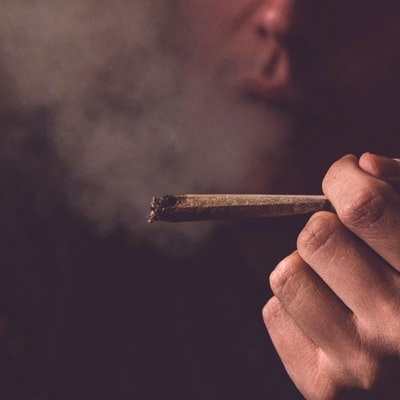The latest warning letters were issued against four companies. Two of the warning letters fell under business as usual, focusing on claims made regarding the Novel Coronavirus (COVID-19) and claims that fall under what could be considered the FDA’s usual enforcement priorities. However, two of the warning letters gave new insight as to where the industry may be headed. The warning letters issued to Honest Globe, Inc. and BioLyte Laboratories, LLC did not come out of CDER, but rather from the Division of Pharmaceutical Quality Operations. This division is responsible for enforcement of Good Manufacturing Practices within the pharmaceutical and over-the-counter (“OTC”) drug industries.
These letters are significant for two reasons. First, the letters are replete with discussions of the products as OTCs. Previously, the FDA has not made a distinction regarding unapproved new drugs and unapproved OTCs. Prior to this round of warning letters, the conventional wisdom was the the FDA would eventually classify hemp extracts and derivatives as a “New Dietary Ingredient”, or “NDI”. This would place the product strictly within the supplement category. In addition, House Resolution 841 was introduced February 4, 2021. The bill, if passed, would classify hemp and hemp extracts as an NDI for use in supplements:
Beginning on the date that is 90 days after the date of enactment of this Act, notwithstanding section 201(ff)(3)(B) of the Federal Food, Drug, and Cosmetic Act (21 U.S.C. 321(ff)(3)(B)), hemp, cannabidiol derived from hemp, and any other ingredient derived from hemp shall be lawful for use under the Federal Food, Drug, and Cosmetic Act (21 U.S.C. 301 et seq.) as a dietary ingredient in a dietary supplement, provided that such dietary supplement complies with—(1) the requirements for a dietary supplement which contains a new dietary ingredient in section 413 of the Federal Food, Drug, and Cosmetic Act (21 U.S.C. 350b); and(2) all other applicable requirements for a dietary supplement in the Federal Food, Drug, and Cosmetic Act (21 U.S.C. 301 et seq.) and the Fair Packaging and Labeling Act (15 U.S.C. 1451 et seq.).
The bill, which has bipartisan support (a rare thing in this day and age), is currently sitting at the House Committee on Energy and Commerce. Seriously, write your representatives on this one!
So, this OTC language within the FDA is possibly a signal that hemp and its extracts will no longer be the province of dietary supplements, but may be headed for OTC status. If this occurs, a slew of requirements will be placed on manufacturers of hemp products putting them out of reach for most companies. An overview of the process for OTC certification can be found here. While companies can assist with the process, the requirements are far more onerous than the supplement designation. Should you still be following GMP even if you are a supplement? Of course. But the additional requirements of OTC monographs are, in our opinion, a step too far for the industry.
The second significant aspect to these warning letters, in addition to their reference to OTC monographs, are the focus on GMP principles. These are stepping away from the usual warning letters you would see based strictly on the marketing programs and labeling, and instead are focusing on how to bring products to market.
Without knowing more about the companies at issue, it is hard to say whether these were fairly decent companies that simply were used as an example of where the FDA wants the industry to be headed, or whether there were other factors at play that made the FDA want to step in. Things such as very poor manufacturing processes could lead to a letter like this, but there is simply not enough information at hand to make the determination as to what triggered these letters.
Everyone in the industry is watching with bated breath to see whether the FDA is going to continue pushing the OTC narrative, or whether it will continue to be business as usual, with the standard set of enforcement priorities.
At this point, only one thing is certain, and that is uncertainty.
The post Are the New FDA Warning Letters Signaling Treatment of Hemp Extracts as Over the Counter Monographs? appeared first on Cannabis Business Executive – Cannabis and Marijuana industry news.






